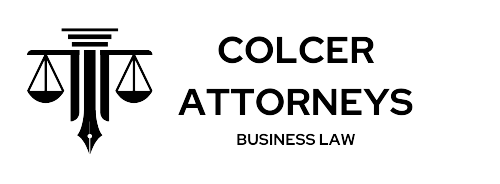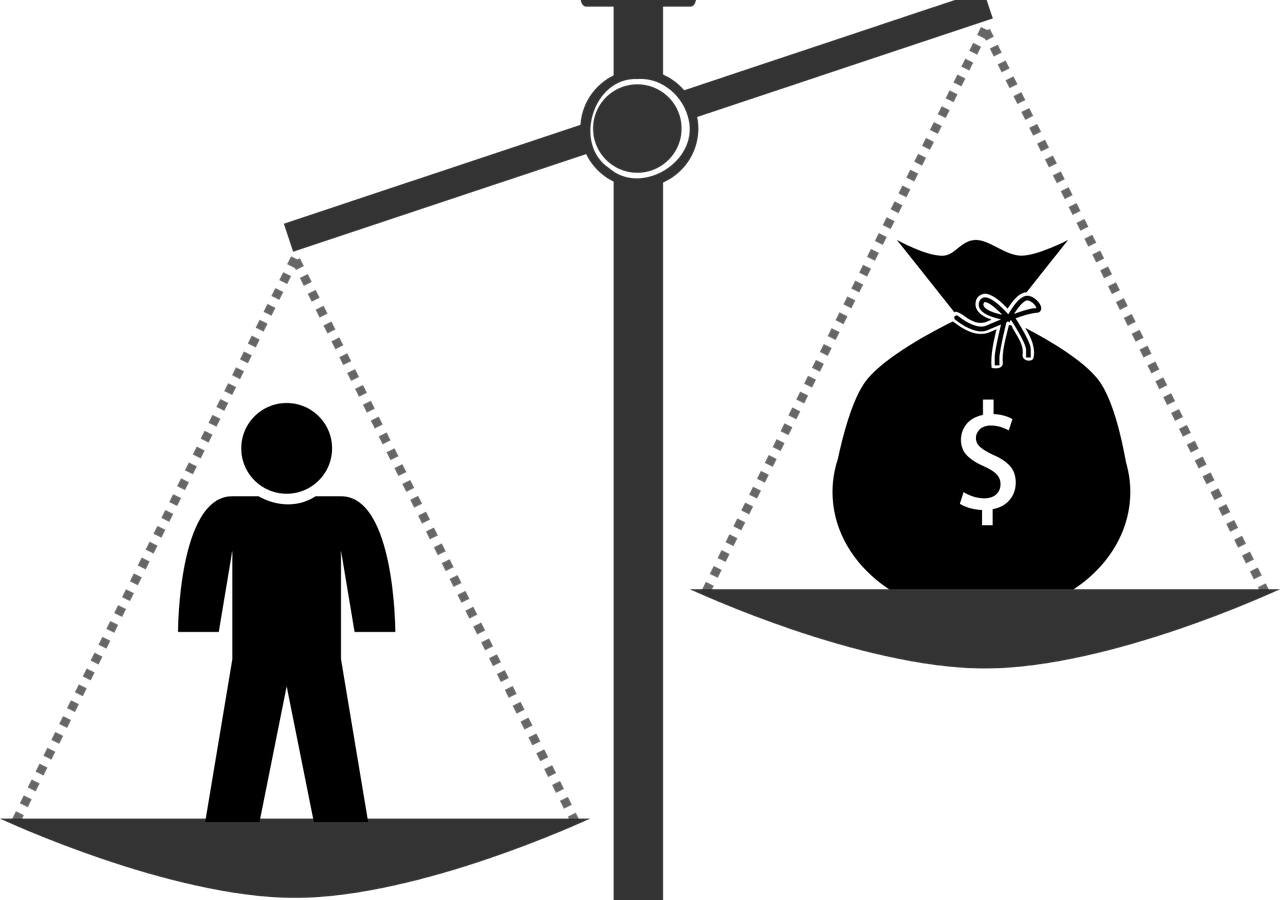Are you an employer who has received an income garnishment order for an employee from a bailiff?
Here are your main legal obligations, as well as the penalties you may face if you fail to comply. You may refuse to comply with the garnishment order only if such order was issued unlawfully.
According to Article 787 of the Romanian Civil Procedure Code („RCPC”), within 5 days from the date the garnishment is served—or, in the case of future-due amounts (such as wages), from the due date—the employer (as third-party garnishee) is required to:
• deposit the garnished amount if the claim is due, or, where applicable, to freeze the garnished intangible movable assets and send proof to the bailiff, in cases involving claims other than those listed in next point;
• pay the retained amount directly to the creditor when the garnished amounts are due as maintenance obligations, child support, or compensation for damages caused by death, bodily injury, or health impairment. Upon the creditor’s request, the amount will be sent to their indicated domicile or, if applicable, residence, with the cost of sending borne by the debtor.
If multiple garnishment orders are in effect, the employer (as third-party garnishee) must deposit the funds and notify the bailiff or the creditors, as appropriate, of the names and addresses of the other creditors and the amounts garnished for each.
In the case of multiple garnishment orders where the garnished amounts exceed the attachable portion of the employee’s income, the employer must, within 5 days of communication, retain and deposit the attachable amount and inform all involved bailiffs accordingly.
The maximum amount that may be garnished (Article 729 RCPC) from an employee’s income is:
• up to half of the net monthly income for amounts due as maintenance or child support;
• up to one-third of the net monthly income for all other debts.
If multiple garnishments are enforced, the maximum garnished amount may reach up to half of the net monthly income.
In the case of multiple garnishments, the employer must also take into account the priority ranking of claims being recovered from the employee’s income (Article 865 RCPC). For example, a claim arising from a legal maintenance obligation has a higher priority than a claim resulting from a fine owed to the state budget.
If the employer fails to fulfill their garnishment-related obligations, the creditor, employee, or bailiff may notify the court within no more than one month from the date the employer should have made the payment, in order to validate the garnishment.
A final court decision validating the garnishment constitutes an enforceable title against the employer. Consequently, the creditor may initiate enforcement proceedings directly against the employer, up to the amount specified in the garnishment.
Moreover, if the employer willfully refuses to fulfill their garnishment obligations, the court may impose a fine ranging from RON 2,000 to 10,000.
This article does not constitute legal advice and the author cannot be held liable for the opinions expressed herein. We do not assume responsibility for any legal changes made after the publication of this article. If you have any questions regarding this topic, please do not hesitate to contact us.




